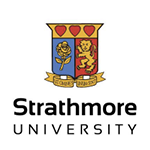Introduction to Strathmore University:
Introduction
Establishment time: Its predecessor was Strathmore College, which was established in 1961 and was chartered as a university in 2008.
Institutional nature: Private university.
Location: Located in Nairobi, Kenya.
History
In 1961, Strathmore College was established as the first multi-ethnic, multi-religious advanced level sixth form college offering science and art subjects.
In 1966, the first batch of 25 accounting students enrolled and began to prepare for the Association of Chartered Certified Accountants (ACCA) examination.
In 1982, the college began to offer accounting evening courses.
In 1986, the Kenyan government donated land, and the European Union and the Italian government supported the construction of the Madaraka campus.
In 1993, Strathmore College merged with Kianda College and moved to the Madaraka district.
In 2002, it obtained a temporary authorization to operate a university issued by the Higher Education Commission.
In 2008, it became a fully-fledged university.
School Strength
Faculty: 208 academic staff and 422 administrative staff.
Student size: 5,088 undergraduates.
Curriculum: Preparatory, undergraduate, master's and doctoral courses are provided, covering a variety of fields such as arts and humanities, business and social sciences, medicine and health, science and technology.
Educational philosophy: Provide comprehensive and high-quality education, allow students to receive professional training, cultivate personal qualities, prepare to become responsible citizens, and focus on values such as good behavior and hard work.
Key laboratories and disciplines
Key laboratories: iLab Africa Research and Innovation Center, Strathmore Energy Research Center (SERC), Center for Therapeutic Science Research (CREATEs), etc.
Key disciplines: Business management, law, computer science, mathematics and other disciplines are strong.
Faculties and colleges
Colleges: Strathmore Business School, Law School, Graduate School, School of Humanities and Social Sciences, School of Computing and Engineering Sciences.
Research Institutes: Institute of Mathematical Sciences, Institute of Advanced International Criminal Justice.
Ranking
4ICU ranks 3065th in the world and 3rd in Kenya in the global university rankings.
Cost: There is no exact public comprehensive cost information. Referring to the situation of private universities in Kenya, tuition fees may vary depending on the major. Undergraduate tuition fees may be around US$5,000-10,000 per year, and graduate tuition fees will be higher.
Campus environment
Campus size: The campus is located in Nairobi and has a 40-acre (about 162,000 square meters) Madaraka campus.
Facilities construction: It has modern teaching buildings, libraries, student centers and other facilities. The campus environment is beautiful and provides students with a good learning and living environment. It also has sports facilities to support the development of various sports.
-

Catholic University of Eastern Africa
-
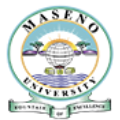
Maseno University
-
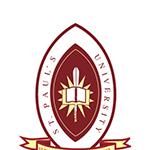
St. Paul's University
-
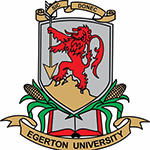
Egerton University
-

Daystar University
-

Laikipia University
-
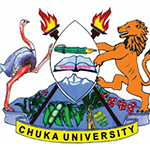
Chuka University
-
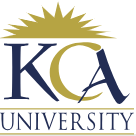
KCA University
-
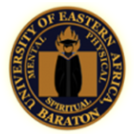
University of Eastern Africa, Baraton
-
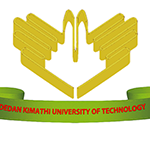
Dedan Kimathi University of Technology
-

Mesoamerican University
-

Istmo University
-

Mariano Galvez University of Guatemala
-

Regional University of Guatemala
-

Galileo University
-

Francisco Marroquín University
-

Rafael Landívar University
-

University of the Valley of Guatemala
-

University of San Carlos of Guatemala
-

Technological Institute of Tlaxcala Plateau
-

Golfo University
-

Technological University of South Sonora
-

Technological University of Huejotzingo
-

Tizimín Institute of Technology
-

Chilpancingo Institute of Technology

